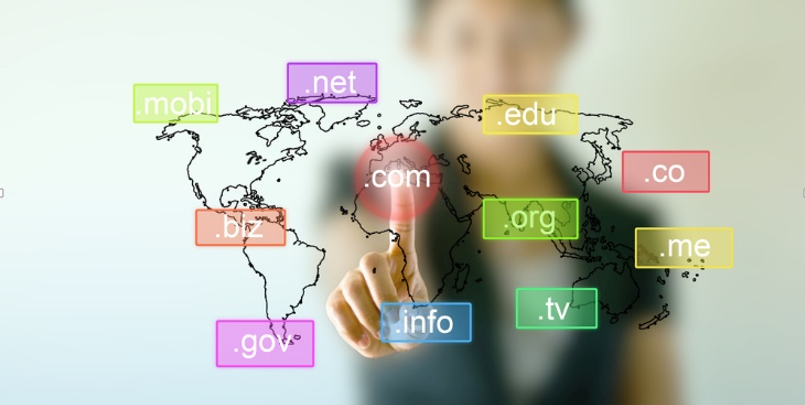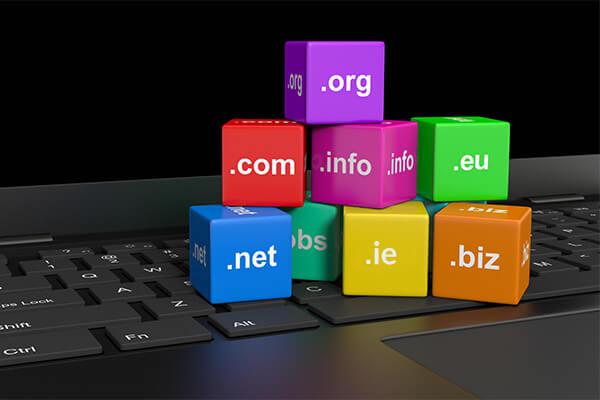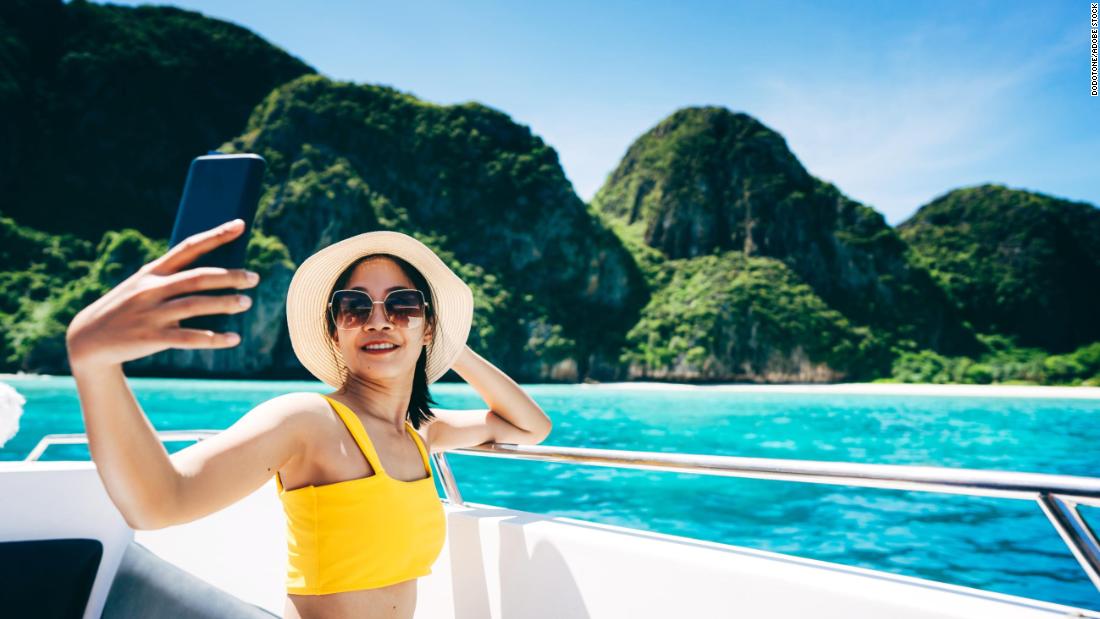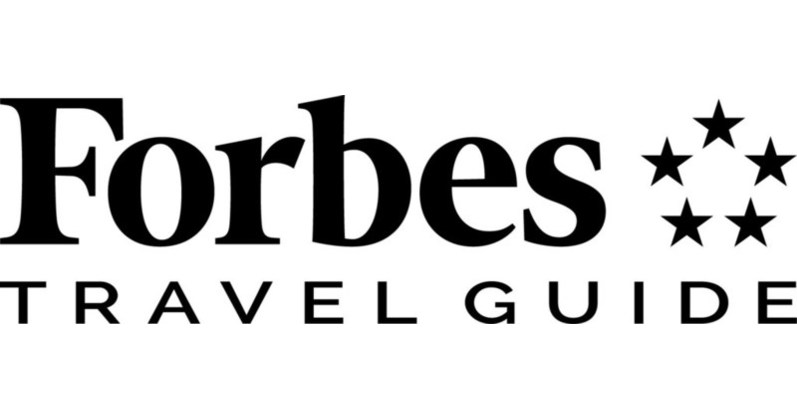(CNN) — Love them or loathe them, as the travel world re-opens, influencers are back on the move.
“Ninety percent of the people we work with are amazing, they are very diligent, this is their business and they do it well,” says Louise O’Brien, regional director of public relations for the Americas at the Langham Hospitality Group.
“They know how to monetize their skill, which is photography and content creation,” she says, adding that they often “bring a keen eye to your hotel and showcase to you something that you didn’t think to do, which shows your hotel in a really interesting light.”
O’Brien says the Covid-19 pandemic led the hotel to be more proactive than reactive in reaching out to influencers they know in the industry for staycation-related content and says that dedicated approach is here to stay.
But not all hotels share O’Brien’s enthusiasm.
“Posing, wearing hardly anything in a hotel room does nothing for us, it’s not the clientele we’re after,” she explains.
A quick glance at the hotel’s website is enough to see why. Showcasing carefully curated interiors, with warm and inviting spaces, it even describes itself as a bit quirky and old-fashioned.
“Everything online is over-promised, presented as being glamorous or wonderful,” Behr says, contrasting that with how she spends her days looking to capture some of the real magic taking place in her hotel, like the staff spontaneously singing happy birthday or discovering chameleons playing in the garden.
“If someone wrote to me and said look ‘I’m overweight, I can’t look glamorous in your hotel, I wear black because I feel more comfortable in it, I’ve got a few missing chunks of hair but I’m bloody funny and am just obsessed with Dorp and would love to come,’ I’d say yes come — someone with a sense of humor who was real and genuine,” she adds, bemoaning the fact that even the word “authenticity” has become a fake buzz word.
“The problem with influencers is there is no quality control,” he says, suggesting, “someone needs to set up a TripAdvisor that rates them.”
He describes how he regularly receives outlandish requests — demanding five rooms for three nights with free airport transfers and free alcohol — and says the people aren’t even the kind of clientele the hotel caters for.
“Most people who contact us are 18-year-old girls clearly on their gap years trying to score a freebie,” he says. “When you look them up on Instagram, it’s clear they’ve bought their followers and their advertising is paid for.”
‘Don’t be in it for the free stays’
However, both Hanlon and Behr are quick to say that they do appreciate and will always agree to genuine professional journalists or publications coming to stay and have had great success with those kinds of partnerships.
“Those publications aren’t looking for freebies, in fact some of the most helpful coverage we’ve had is from paying customers who we only find out are ‘influencers’ half-way during their stay,” he says.
“The first thing I say to people who want to be influencers is don’t be in it for the free stays — if you’re in it for the free stays you’re not there to provide value.”
Wright, who started out back in 2014, says the blatant freeloaders give the real influencers a bad name and says people underestimate the value people like her provide.

Experts say the influencer marketing industry is set to grow to approximately $16.4 billion in 2022.
Irving Sandoval/Adobe Stock
“When we’re on property we’re out photographing from sunrise to sunset nonstop. I see it as my job to capture a destination, to inspire on social media and to inform on the website and blog,” she says, comparing the process to a nuanced sales journey to guide people through the different platforms they go to before booking their own travel.
Wright says the hotel’s phone was ringing for weeks, providing a clear return on their investment in her.
A growing industry
Nina Zadeh, co-founder of Sidewalker Daily, says there is a big gap between the perception of what influencers — or content creators as they prefer to be called — are thought to do, and the reality.
“People tend to classify influencers as these people who sit by the pool and just get to hang out at the Four Seasons all day, but the travel influencer space is actually really, really exhausting,” she says.
She describes the hard work that goes into the early morning shoots “to get the perfect sunrise shot over in the mountain where you can just see the volcano in the background” and the long press trips where creators need to constantly be present.
“You’re there at work, you’re there to set a certain number of deliverables for your client,” she adds.

The pandemic may not have changed the travel influencer game, but it did alter the playing field.
Maridav/Adobe Stock
Zadeh says traditionally the industry was accustomed to higher barriers to entry, where hotels would hire a photographer for a photo shoot to do a full-on production that would cost in the thousands of dollars “with talent that you kind of had to choose and hope it worked.”
She explains how nowadays brands can take that full production budget and work with different creators in the photo space, or video space, that can take the perfect underwater shot or specific drone shot that captures the property in all its glory.
“This is high level production at a very competitive rate versus what you were what you were paying for, for these once-a-year big photo shoots. And, at the end of the day, these influencers have audiences that these travel brands want, and they have trust within their community.”
“Our influencers’ blog posts have a time on site of around 3-plus mins compared to less than :53 seconds on some travel websites, and in almost every situation, the posts get significantly more engagement than the traditional publisher — which costs a lot more.”
“A lot of times brands think influencers equal Instagram posts, and it’s so far beyond that,” she continues. “There’s so many different deliverables that you can have the influencers do to really showcase your property. If you run a one-page ad, it’s going to be around $50,000. And it’s just that one single shot.
“But with an influencer, if they’re there two nights or whatever, they can showcase your property a gazillion different ways.”
Broadus says her firm uses a proprietary software to find and vet just the right type of influencer for the job.
How did the pandemic change the industry?
While both influencers and hotels agree the relationship between the two needs to be mutually beneficial, that doesn’t mean the future for the industry is plain sailing. The pandemic may not have changed the game, but it did alter the playing field.
“Instead of working with an influencer who’d take a photo on a beach, we found the way we could be helpful was by educating people on what their rights were as travelers,” he explains.
They started using their platform to inform people what they were entitled to in terms of refunds for existing travel or what their rights were if they booked a trip but then got Covid-19.
In the summer of 2020 Keyes says they also started working with writers profiling off-the-beaten path places people could travel to when the industry opened, to build excitement and inspire future travel. They had huge success with those efforts and plan to continue.
She pivoted from blogging to writing a physical book and started pursuing a real publishing deal. “I got a five-figure deal and am starting my memoir,” she says.
Now that travel has resumed Ruiz says business is booming once again. Except now, she’s having to turn down certain trips as she juggles travel requests with her book deal obligations.
‘It doesn’t take a ton to convince people to travel right now’
“My vision and philosophy here, after the pandemic, continuing to support all the good work that we do, losing money for two years and finally reopening, I find it a bit irresponsible of those people to be asking people for free stays. The zero percent tourism, anyone who is visionally aligned would want to support those who are giving back and supporting the local community, especially after surviving this time period,” he says, adding that he’s “tired of looking at pretty doctored, filtered sexy pictures of people.”
However, Zadeh and her consultancy firm have a more optimistic view of these nuanced changes. She advises her clients to have an open mind suggesting that if a hotel won’t comp your stay, pay the hotel but get a brand to pay you instead.
“There’s different ways for creators to monetize these trips,” she says, explaining how an influencer can sell exclusive to the hotel or they can pitch other verticals.
“They can go to Sephora and pitch ‘hey I’m going to be in Turks and Caicos, I want to show your new summer line of blush from this brand,’ so they pitch to other verticals to be able to comp those stays.”
“You just need to make the link,” Zadeh insists, telling a story of a beauty influencer who made a stay work with a hotel by finding a mutually beneficial angle to cover. “The creator economy is coming quickly, that’s where the world is going in terms of social commerce and where people are actually purchasing.”
Broadus agrees that the creator industry is only getting bigger.
“I just heard that TikTok announced they’re going to start sharing brand deals with the creators,” she says. “So if you’re a huge TikTok creator, and especially if you’re making longer videos, now the potential is not just from your own brand deals, it’s from the people who are paying TikTok directly.”
Keyes seems to capture this moment in time best, saying, “It feels like it doesn’t take a ton to convince people to travel right now — every marketing channel has tail winds.”
So whatever realm of the travel industry you’re in, it seems that right now the world really may be your oyster.
Top image credit: Adobe Stock









